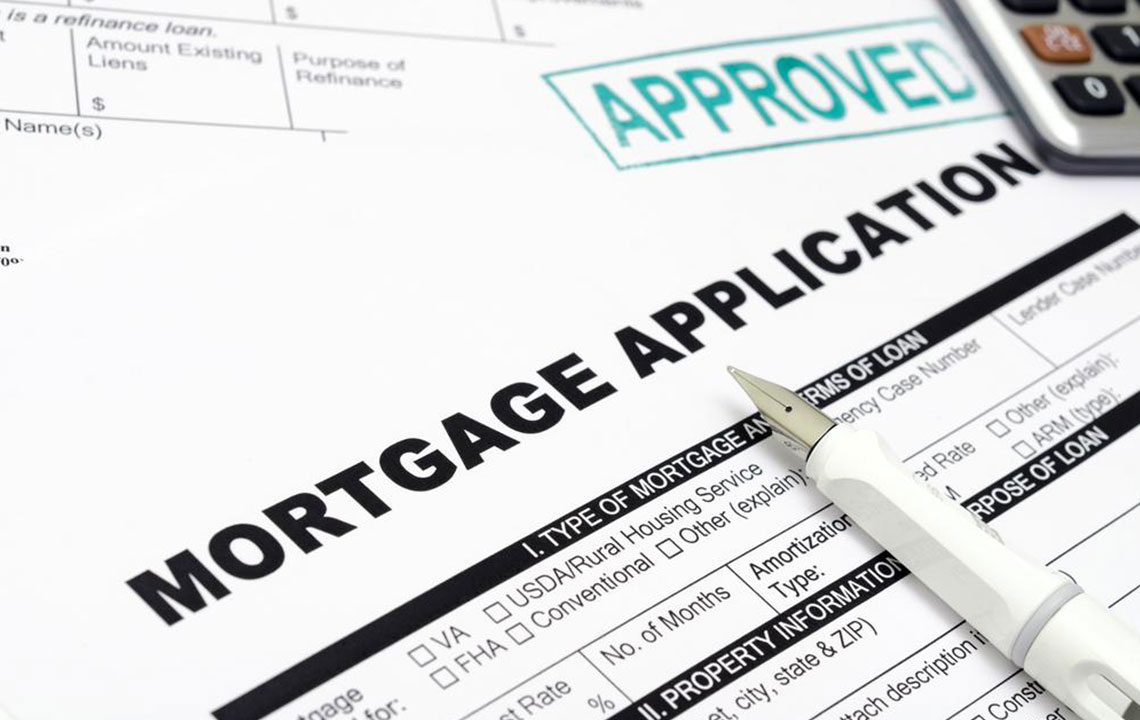Guide to Purchasing Homes Directly from Owners
This comprehensive guide provides valuable tips for buying homes directly from owners, emphasizing mortgage pre-approval, finding a suitable agent, property search strategies, viewing tips, making offers, contingencies, and professional inspections. It aims to help buyers navigate owner sales confidently, ensuring a smooth and informed transaction process while highlighting potential challenges and advantages of direct owner sales.
Guide to Purchasing Homes Directly from Owners
When buying a home, transactions usually involve real estate agents representing both parties. However, properties listed directly by owners involve direct communication with the seller. This often results in lower costs since there’s no middleman, and sellers may be more open to negotiations on price. Successfully purchasing owner-listed homes requires careful planning and strategic approaches.
Secure Mortgage Pre-Approval
Before exploring potential homes, determine your budget and obtain pre-approval for a mortgage. This step clarifies your financial capacity and strengthens your offer. Sellers often prefer buyers with a confirmed loan approval, easing the transaction process.

Even if pre-approved, you’ll need to finalize the mortgage after your offer is accepted. Many sellers prefer dealing with pre-qualified buyers to ensure smooth closing.
Find a Real Estate Agent
While owners selling their homes often do not engage agents, some sellers are open to paying a buyer’s agent commission. If you already have an agent, they can communicate with the seller. Without an agent, you may want to find one willing to assist, though many buyer agents avoid working on owner-only sales due to added complexity.
Having a dedicated agent simplifies the process, helps in negotiations, and ensures legal protections. When the seller covers the agent’s commission, hiring one is usually advantageous.
Search for Suitable Properties
With an agent, you receive curated options based on your preferences. Alternatively, you can browse online listings or drive around neighborhoods for signs indicating owner sales. This proactive approach increases your chances of finding a property that fits your needs.
Attend Home Viewings
Once you find an appealing property, visit it to evaluate its condition. If working with an agent, request scheduling a showing. Otherwise, contact the seller directly to arrange a visit. During the tour, ask detailed questions about the home's history, condition, and any issues that may affect its value.
Present an Offer
After thorough inspection, discuss and submit an offer through your agent or directly to the seller. The offer should specify the price, earnest money deposit, and terms. Ensure the agreement states how funds will be held securely, typically by a title company or broker.
Add Contingencies
Consider including contingencies in your offer, such as inspections or appraisal conditions. Common contingencies include home inspections and reviewing the property's insurance claim history via a CLUE report, which reveals past damages or issues.
Conduct Professional Home Inspection
Hire an experienced inspector to assess the home’s structure, systems, and appliances. Any issues uncovered can be negotiated for repairs, price reductions, or the cancellation of the deal if contingencies are in place. After passing inspections and mortgage approval, close the transaction by paying closing costs and down payment.
Purchasing owner-listed homes may not always offer savings and can pose unique challenges since there’s no agent representing the seller. Buyers should conduct diligent research, view properties carefully, and consider hiring a real estate professional to avoid overpaying or encountering legal complications. Strategic planning and professional assistance can make the process smoother and more secure.










